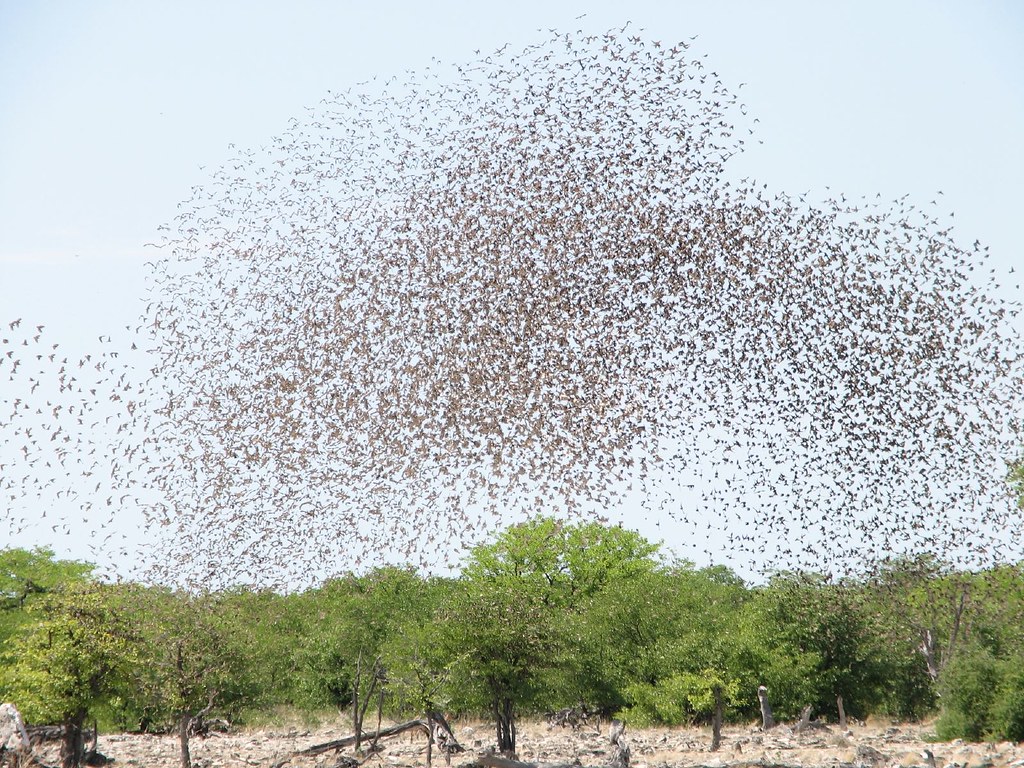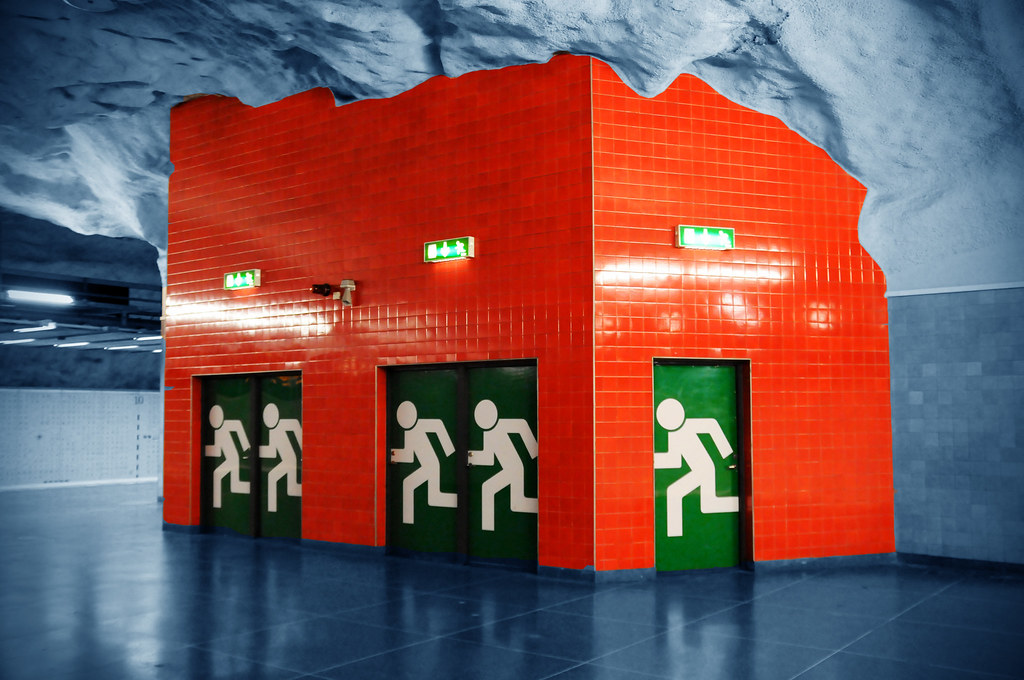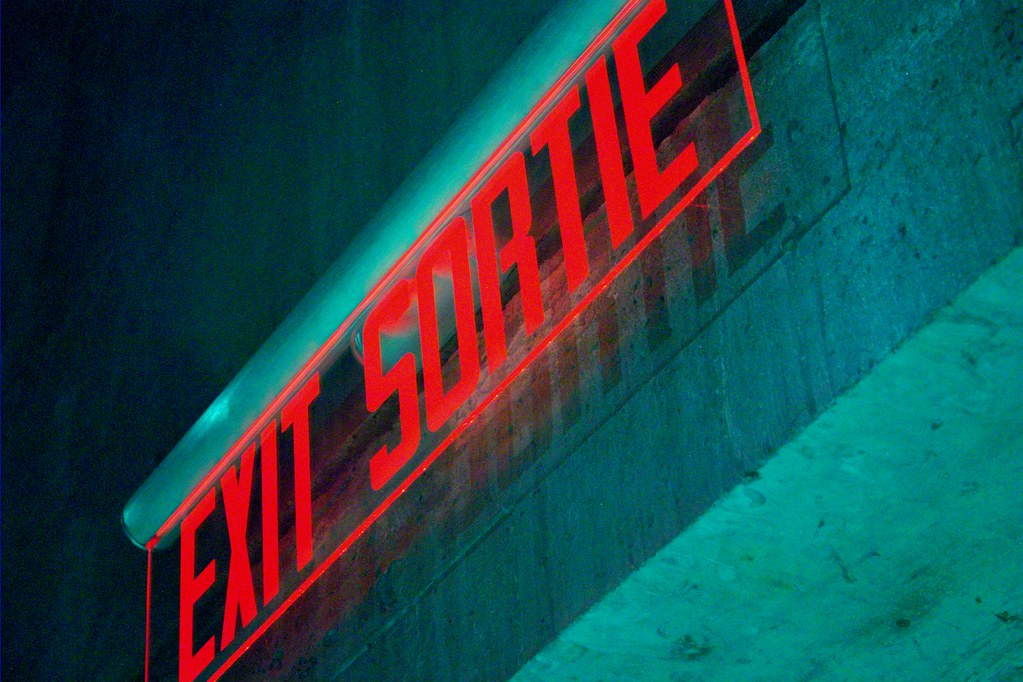
Childhood's Soul. I grew up in a beautiful small town. There were rivers, mountains and waterfalls all around and I am the happiest when I am there. I moved to the city when I was a teen and now I'm in my twenties and am planning a move back to Bellingen. I hate the city and all I think of is getting out of this repetitive and clinical life I've been leading -- where work and the daily grind control my life. . . So this was my inspiration for the photograph: photo by Sian Grahl, 28 April 2013
Certainly the city is relevant, and specifically the city as a metropolis. It is a very striking feature of many Modernist and avant-garde movements that they were not only located in the great metropolitan centres but that so many of their members were immigrants into those centres, where in some new ways all were strangers. Language, in such situations, could appear as a new kind of fact: either simply as 'medium', aesthetic or instrumental, since its naturalized continuity with a persistent social settlement was unavailable; or, of course, as system: the distanced, even the alien fact. Moreover, these cities had become the capitals of imperialism. The old hegemony of capital over its provinces was extended over a new range of disparate, often wholly alien and exotic, cultures and languages. The evolutionary and family versions of language which were the basis of language studies in the period of nation-states and confederacies were then replaced by studies of universal systems within which specificities were either, as in much literary practice, exotica, or were the local, momentary and superficial features of more fundamental structures.
There was then both gain and loss... an old language had been marginalized or suppressed, or else simply left behind, and the now dominant language either interacted with its subordinate for new language effects or was seen as, in new ways, both plastic and arbitrary: an alien but accessible system which had both power and potential but was not, as in most earlier formations, however experimental, the language or the possible language of a people but now the material of groups, agencies, fractions, specific works, its actual society and complex of writers and game-players, translators and signwriters, interpreters and makers of paradoxes, cross-cultural innovators and jokers.
...The cultural forms of the 'old, settled' language (always, in practice, never settled, however old) were indeed, at one level, the imposed forms of a dominant class and its discourse. But this was never the only level. Uses of a language of connection and of forms of intended communication remained an emphasis and an intention of other social groups, in both class and gender, whose specific existence had been blurred or contained within the imposed, 'national' forms. Similarly the cultural forms of the 'new, dynamic' language were never only experimental or liberating. Within the real historical dynamics they could be, and were, notably and deliberately manipulative and exploiting. The widespread dilution and adoption of avant-garde visual and linguistic modes by advertising and publicity agencies is only the most evident example; overtly commercial paranational art includes many more interesting, if less obvious, cases. There is then a practical linkage of the asymmetries of political and economic domination and subordination. This cannot be rendered back to isolated formal or technical levels.
Raymond Williams: from Language and the Avant-Garde, in N. Fabb, D. Attridge, A. Durant and C. McCabe (eds.): The Linguistics of Writing: Arguments Between Language and Literature, 1988

Shibuya shopping district, Tokyo, night: photo by Bantosh, 2006

View from Tokyo Shiodome Rooftop: photo by Thomas Birke, 2009

Hong Kong #11: photo by Thomas Birke, 2009

Hong Kong #09: photo by Thomas Birke, 2009

Plaster cast showing the nest architecture of the Florida harvester ant, Pogonomyrmex badius, an advanced structure emergent from ant behavior: photo by Shaners Becker, 2 June 2006

Flock of Red-billed Quelea (Quelea quelea) swarming around a waterhole, Namibia: photo by Alastair Rae, 6 December 2006

ESCAPE and SWEF: photo by NW Graffiti, 17 April 2013
Signs crowd the roadway, Las Vegas: photo by Charles O'Rear, May 1972 for the Environmental Protection Agency's Documerica project (US National Archives)

Escape! Unmistakable emergency exit in Stockholm's underground station "Universitetet": photo by <Benoît> (Benoit Derrier), 22 June 2008

Red-character Emergency Exit sign in English and French, Canadian War Museum, Ottawa: photo by Ian Muttoo, 1 September 2008

Tokyo Ginza in night rain: photo by Thomas Birke, 2008





8 comments:
When I was young, the city was the place to be. Now the city has come to me. In the provinces, highways scarify terrain, and infernal combustion engines roam free, smash worlds, corrode delicate tissues with foul emissions. Is there a way out? When the escape route resembles—and might be mistaken for—a minimalist work of art, or an outcropping of adverts, are we just diddling ourselves to death? Thank goddess for Raymond Williams.
Hazen,
I think that what we once thought of as the city is now a universal state of mind, impersonal, abstract, networked to the gills yet without any real connection between units in the vast mechanism, which has its own forms of signalling -- in that famous arcane register which only a certain species can pick up.
And I don't know what that species is. And I'm pretty sure there is no escape.
Williams' rueful and bittersweet prose has a prophetic ring: "Within the real historical dynamics... notably and deliberately manipulative and exploiting."
That top picture, by the way, put me in mind of this.
"There was then both gain and loss".
Dublin's both dear and dirty. Cities are manufactories of alien beauty as well as our undoing.
You're right, TC. It is a universal state of mind. There are no rural retreats now. I'm sure wherever I go I take a particular city with me. I'm made and hurt by it.
What is particularly poignant is the thought that Williams comes from a people whose language was harried close to disappearance. A Welsh Marxist at Cambridge too - there's a stranger for you.
The Fantasia on a Theme of Thomas Tallis - a composer with two musical styles quite distinct from each other; one for the court and one for the recusant community. Another stranger working with a language as a "new fact".
This thread is so interesting and vast one can probably only scratch a small amount of the surface of it. The first picture that comes to (my) mind when talking about language and multi-ethnicity in early cities is the one of Babel. The coining of a new language by melting old ones together (amalgam? I'm not sure this is the right word).
I also came across this but I don't know what to make of it.
Tom, those city shots by night are stunning. I used to walk the concrete maze of Tokyo in the warm summer nights in search of street lights. And I remember feeling strangely at home in the city. Even when standing at the crazy Shibuya crossing, surrounded by hundreds of strangers, one can experience a strong feeling of solitude. Almost peace. I don't know if this is good or bad, and it might sound strange, but I don't see the city as a place to escape from. And the language patches there might be make it all the more interesting.
Ah, this is such a great post, Tom...
There's video of Williams delivering this piece as a talk.
Raymond Williams: Language and the Avant-Garde
His lines about "these centres, where in some sense all were strangers" refers to a text he thought crucial to understanding modernity, the Seventh Book of Wordsworth's autobiographical poem The Prelude, in which the poet writes of the shock and disorientation of an early period of residence in London -- the first true modern metropolis. The vision of a spectral "second-sight procession" of a crowd of strangers is experienced in the poem as something new. In our time, the experience is not new but commonplace, and the strangers are, in large part -- and of course in ways that would have bewildered Wordsworth even further -- virtual rather than physical and/or social. For our time, the strangers don't have to be there at all, in physical terms, in order to be alien; the world itself has become, for many, an alien place. This fact is accepted as a given, by many; and perhaps, even, as "natural" (!).
O Friend! one feeling was there which belong'd
To this great City, by exclusive right;
How often in the overflowing Streets,
Have I gone forward with the Crowd, and said
Unto myself, the face of every one
That passes by me is a mystery.
Thus have I look'd, nor ceas'd to look, oppress'd
By thoughts of what, and whither, when and how,
Until the shapes before my eyes became
A second-sight procession, such as glides
Over still mountains, or appears in dreams;
And all the ballast of familiar life,
The present, and the past; hope, fear; all stays,
All laws of acting, thinking, speaking man
Went from me, neither knowing me, nor known.
And once, far-travell'd in such mood, beyond
The reach of common indications, lost
Amid the moving pageant, 'twas my chance
Abruptly to be smitten with the view
Of a blind Beggar, who, with upright face,
Stood propp'd against a Wall, upon his Chest
Wearing a written paper, to explain
The story of the Man, and who he was.
My mind did at this spectacle turn round
As with the might of waters, and it seem'd
To me that in this Label was a type,
Or emblem, of the utmost that we know
Both of ourselves and of the universe;
And, on the shape of that unmoving man,
His fixèd face and sightless eyes, I looked,
As if admonish'd from another world.
Marie, the Tower of Babel is certainly an apt reference here. Thinking of another prophetic modern text, Kafka's The Great Wall of China.
In Kafka's tale, the Tower will never be completed. The tale is a play on Zeno of Elea's Racecourse Paradox: Suppose a runner needs to travel from a start S to a finish F. To do this he must first travel to the midpoint, M, and thence to F: but if N is the midpoint of SM, he must first travel to N, and so on ad infinitum (Zeno: ‘what has been said once can always be repeated’). But it is impossible to accomplish an infinite number of tasks in a finite time. Therefore the runner cannot complete (or start) his journey.
"And it is true that in this respect our age was far superior to that one long ago. Almost every educated person in our age was a mason by profession and infallible when it came to the business of laying foundations. But it was not at all the scholar’s aim to prove this. Instead he claimed that the great wall alone would for the first time in the age of human beings create a secure foundation for a new Tower of Babel. So first the wall and then the tower. In those days the book was in everyone’s hands, but I confess that even today I do not understand exactly how he imagined this tower..."
Thank you for the link! The concept of walls... building the Wall and only then maybe the Tower. Towers used to need Walls around them. Walls around today's Megapolis would be unthinkable. Maybe the Giant Wall has been substituted by Mini Individual Walls surrounding each of us.
Yes, Marie, I think that's absolutely right.
Post a Comment